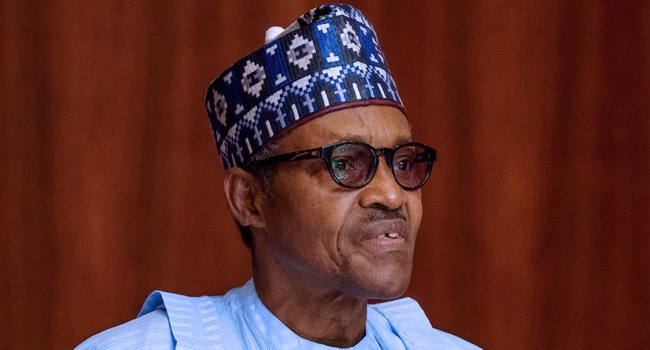Business
Nigeria’s govt ratings slump from stable to negative as public finance, revenue base weaken

Global credit rating service, Moody’s Investor Service, gave a gloomy outlook of Nigerian government’s ratings on Wednesday, changing the prospects from stable to negative, in a report detailing government’s increasingly threatened financial strength and feeble fiscal footing.
The New York-headquartered agency cited growing uncertainty regarding government’s fiscal ability and a threatened external position as factors informing the negative outlook. Shrinking revenue base and interminably slow economic growth with negative implication for fiscal consolidation would harm government’s depleting finances further, the agency affirmed.
The report went ahead to say that there were fears that government might be badgered to embrace high-priced funding option to service its skyrocketing debt profile. It warned that the dearth of foreign capital inflow into the economy might escalate beyond current levels given government’s overdependence on foreign investment to fund Nigeria’s foreign reserves.
Only this Monday, the World Bank gave a similar caution, alerting the nation to the fragility of its fiscal and eternal positions, which it pinned down to depletion of its excess crude account, going ahead to warn that another recession might be looming ahead.
“Moody’s decision to affirm the rating at B2 recognizes a combination of credit strengths including the country’s large and diversified economy supported by vast oil and gas endowments, notwithstanding persistent credit weaknesses such as its very weak institutions and governance framework and in particular poor public finance management.
Read also: 494,000 subscribers dump Glo, 9mobile. Enough sign to say Foreign players are bulls?
“Concurrently, Moody’s has maintained Nigeria’s country risk ceilings at their current levels: Foreign Currency bond ceiling at B1, Foreign Currency deposit ceiling at B3, and Local Currency bond and deposit ceilings at Ba1,” the Moody’s report said.
The rating agency linked Nigeria’s fragile public finance status to government being perpetually at the mercy of the Central Bank of Nigeria (CBN) in the past three years for funding aimed at covering huge fiscal deficits. At the end of September this year, CBN cash advances made up 2.5% of GDP on a net basis while debt instruments by the CBN on behalf of the government constituted 1.4% of the GDP.
Interestingly, this choice is a costly one going by the fact that the CBN advances are conspicuously higher than borrowing from the Nigerian capital market going by the sanction rate the apex bank applies to its Monetary Policy Rate (MPR), standing at 13.5%.
Moody’s forecast puts government revenues at a low 8% of GDP from now till 2022. By implication, revenue to GDP ratio will remain significantly low in spite of government’s latest aggressive revenue drive that would scale VAT up to 7.5% from 5% beginning from 2020.
Government’s interest payment through debt servicing is projected to consume 25% or one quarter of its total revenue in the next couple of years with the implication that debt affordability will remain weak if not weaker.
Below are other major details of Moody’s forecast:
Real growth will remain weak at a little above 2%.
Fiscal deficits might remain at about 4% of the GDP (50% of revenues).
Debt to GDP will reach N49 trillion by December 2021 or 27% of GDP.
Join the conversation
Support Ripples Nigeria, hold up solutions journalism
Balanced, fearless journalism driven by data comes at huge financial costs.
As a media platform, we hold leadership accountable and will not trade the right to press freedom and free speech for a piece of cake.
If you like what we do, and are ready to uphold solutions journalism, kindly donate to the Ripples Nigeria cause.
Your support would help to ensure that citizens and institutions continue to have free access to credible and reliable information for societal development.
























